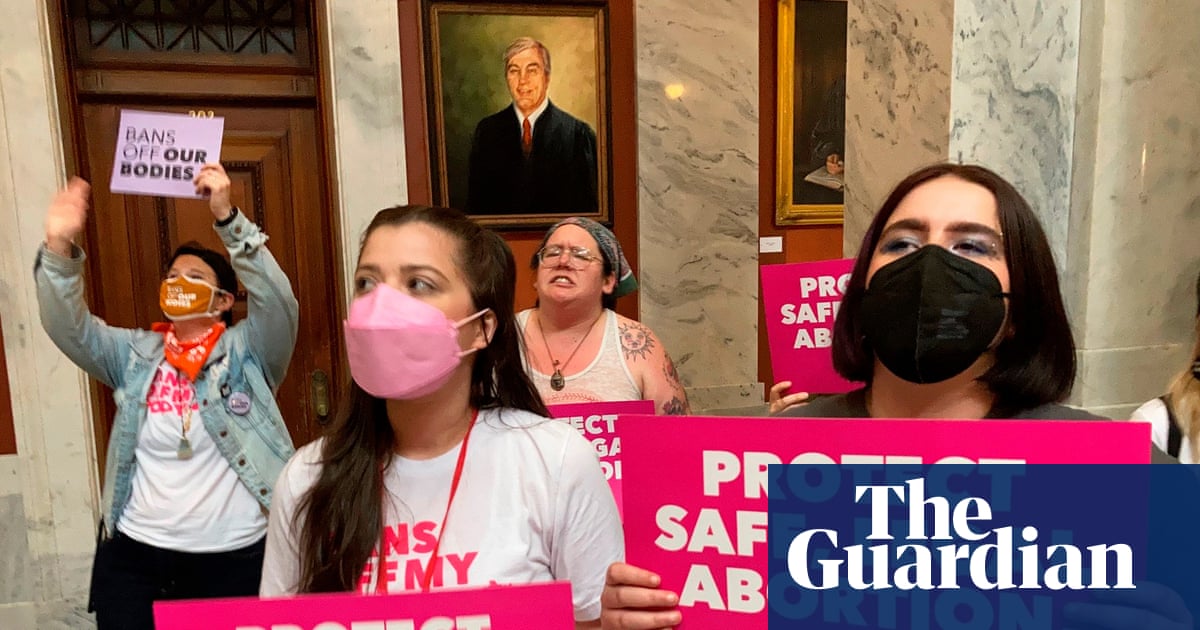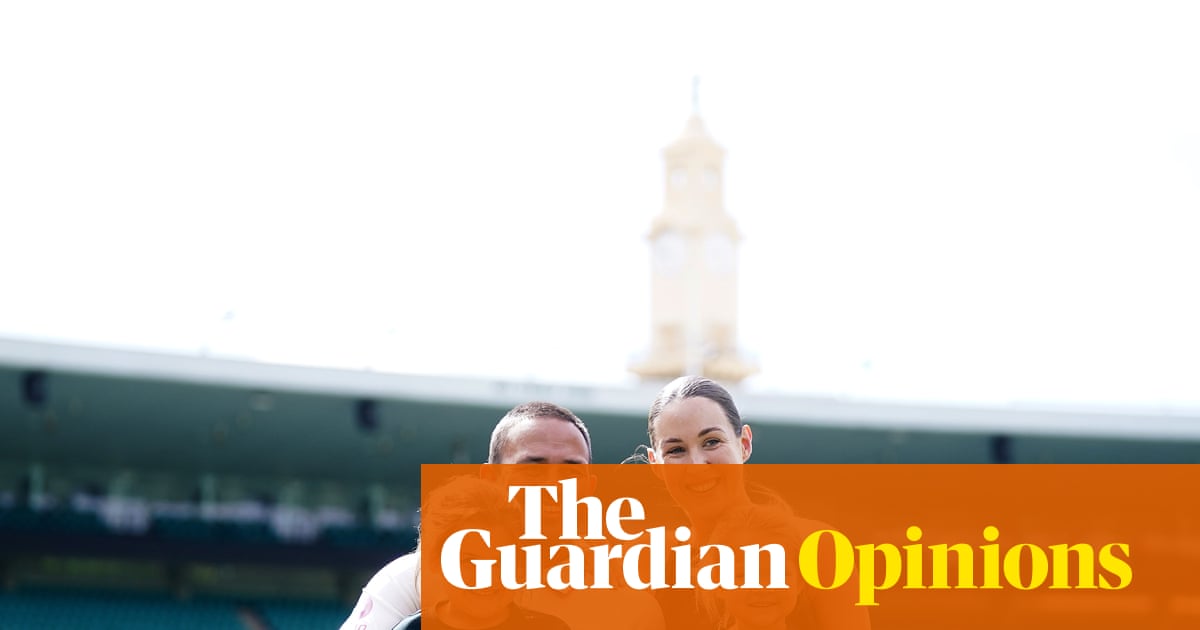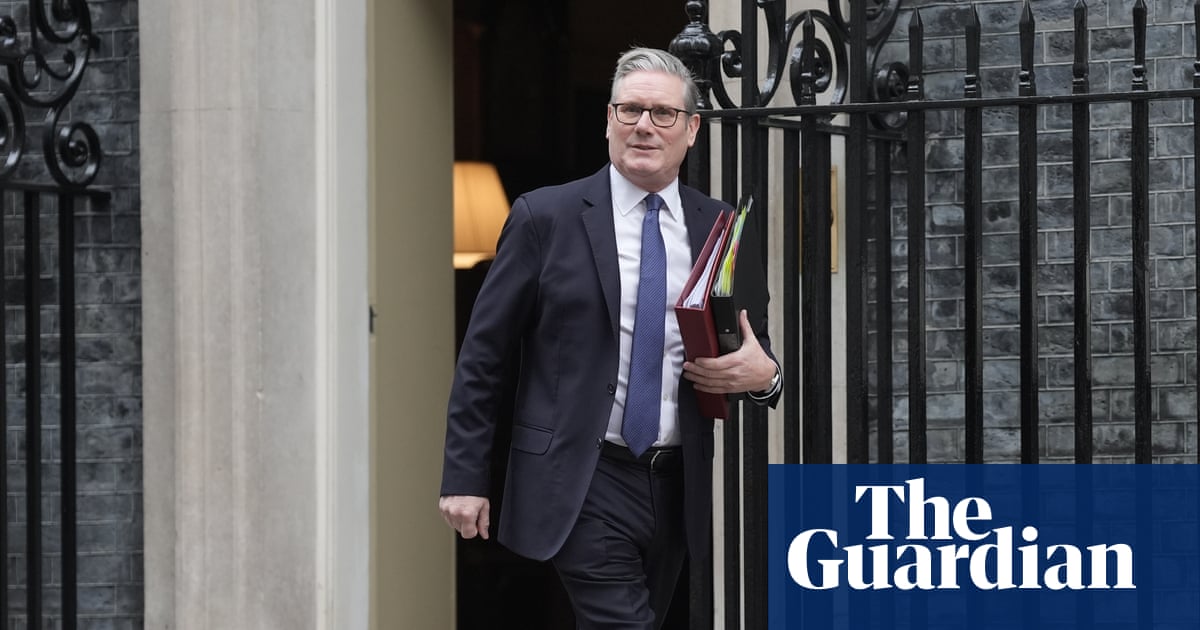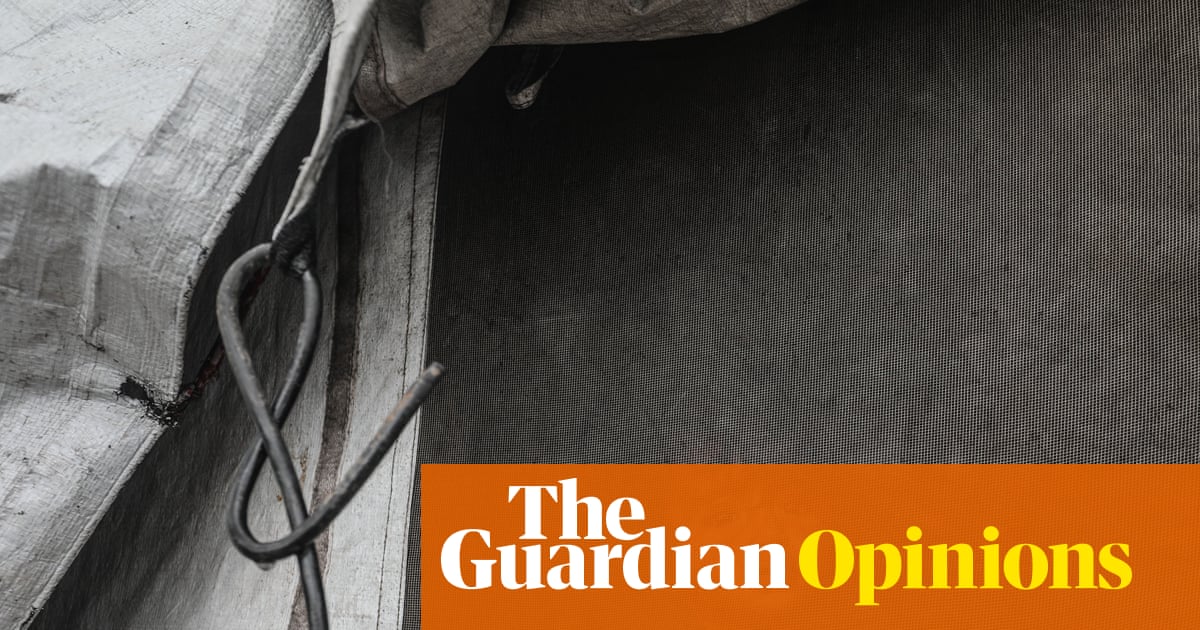The BBC and Britain’s other public sector broadcasters have united to demand new regulations to force platforms such as YouTube to give them a fairer deal and more prominence, warning that failing to do so will fan the flames of misinformation.
Public service broadcasters (PSBs) are facing huge pressures as increasing numbers of viewers turn to digital platforms. Bosses say PSBs need to be protected to safeguard the “shared social fabric of the UK”.
The communications regulator, Ofcom, has signalled that it is ready to act to hand broadcasters a stronger hand against YouTube, which has rapidly become an all-conquering force in the media world.
“We need our public service broadcasters to stand out in a crowded online world,” the BBC and other PSBs, including S4C, STV and Alba, said in a joint statement.
“That means action to ensure our content is prominent on devices and platforms where audiences spend their time – not just smart TVs but also video-sharing platforms like YouTube, and on fair commercial terms that don’t undermine our ability to deliver our remit.
“We need trusted, independent journalism to thrive. This includes promoting impartial news on the platforms young people use, and securing the right deals with social media companies that promote accurate reporting and combat misinformation.”
There is concern at the perilous finances of broadcasters, with advertising revenue flowing to the digital platforms of YouTube and TikTok while the BBC is fighting a fall in the number of licence fee payers.
While broadcasters can strike their own private deals with YouTube, the standard agreement between the platform and those who create content on it means YouTube keeps about 45% of the advertising revenue generated.
YouTube’s growth has been so wide-ranging that it is now a huge presence on televisions. The platform is the second most-watched service in the UK, behind the BBC but ahead of ITV. Overall, viewers spent an average of 39 minutes a day on YouTube in 2024.
Meanwhile, YouTube is the most popular first TV destination for Generation Alpha, according to Ofcom, the communications regulator. One in five young TV viewers aged four to 15 turned straight to the platform last year.
Speaking at a Royal Television Society conference in Cambridge, Dame Carolyn McCall, ITV’s chief executive, said there was “no point us being told we have to go on [digital] platforms when actually the pay aways are so high that it makes it completely uneconomic”.
She added: “We all know there’s not infinite sources of ad revenue. So fair value … is going to be critical.”
Jonathan Allan, the interim chief executive at Channel 4, said: “We’re very happy to work with YouTube on that without regulation, but in the end, we probably do need some regulation … It’s very different being a creator in your bedroom versus a big broadcaster like this.”
Insiders also point to the lack of prominence given to their news coverage on digital platforms, compared with misinformation that has fuelled unrest.
“As misinformation and disinformation thrive, people turn to us for news they can trust from both their local area and around the world,” the broadcasters said in their statement.
“These [digital platforms] may be impressive businesses but they are driven by profit, not purpose. Most of their content is not subject to the same safeguards and regulatory standards as ours. They have no mandate to contribute to the shared social fabric of the UK.”

 3 months ago
158
3 months ago
158

















































